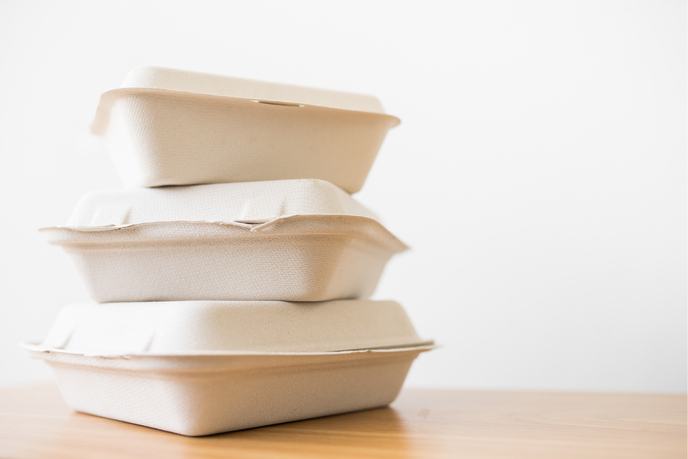How to prolong shelf life and avoid food waste
About a third of all food produced for human consumption is lost or wasted globally each year, according to a report by the Food and Agricultural Organization of the United Nations. In the EU, this amount is about 20 % of the total food produced. Wasting food not only raises ethical and economic concerns, it also has environmental impacts. Hence, there’s an increasing need to develop innovative packaging materials that maintain or extend the shelf life of foodstuff to reduce food waste. The EU-funded YPACK project has been addressing exactly this challenge and creating bio-friendly packaging in the form of trays and protective film covers to ensure that food can be kept fresh for longer and the environment clean. The YPACK sustainable packaging is made of food by-products like cheese whey and almond shells that might otherwise be thrown away. YPACK’s compostable packaging is made from a sustainable biopolymer, poly(3-hydroxybutyrate-co-3-hydroxyvalerate), produced from cheese whey and micro-cellulose from almond shells. As explained in a news item, “YPACK has found that integrating zinc oxide and oregano essential oil helps the bio-papers protect against bacterial contamination in food packaging.”
Biodegradable alternative
The same news item notes that YPACK’s alternative to traditional plastic food packaging can biodegrade within 90 days. “These new findings indicate the potential of the bio-based active packaging to increase the shelf life of fresh products like meat, fruits and vegetables and fresh pasta.” In the same news item, Dr José María Lagarón, from YPACK project coordinator the Spanish National Research Council, comments: “We see a very bright future for upcycled packaging materials, as long as the packaging is functional. This means that it can substitute existing non-environmentally friendly material. The key aspect is that the packaging, at the end-of-life, can be managed with the rest of the organic waste.” The news item points to the antimicrobial properties of the zinc oxide and oregano oil compounds that protect against two bacteria that can cause food poisoning, Staphylococcus aureus and Escherichia coli. “The researchers also determined an optimal ratio of oregano essential oil against short-term (15 days) and zinc oxide against medium-term (up to 48 days) antibacterial effects in ‘open’ and ‘closed’ systems.” Dr Lagarón explains that this ratio was examined in both sealed packages like those for “cut fruit, raw meat, and in re-sealable packages, such as bread bags and ham slice packages. Re-sealed packages are made to be opened and closed several times over, so it’s important that the antimicrobial properties are still there.” YPACK partners note “that shelf life improvement by 20 percent and 50 percent has the potential to reduce food waste with 12.5 percent to 30 percent, respectively,” according to the news item. The YPACK (HIGH PERFORMANCE POLYHYDROXYALKANOATES BASED PACKAGING TO MINIMISE FOOD WASTE) project will end in October 2020. A preliminary consumer study conducted by YPACK showed that consumers didn’t oppose the use of almond shells and cheese whey in food packaging materials. A news statement on the project website states that shelf life tests for food products in YPACK packaging “are planned for meat, baby cucumber, and fresh pasta.” For more information, please see: YPACK project website
Keywords
YPACK, food packaging, shelf life, food waste, antimicrobial



